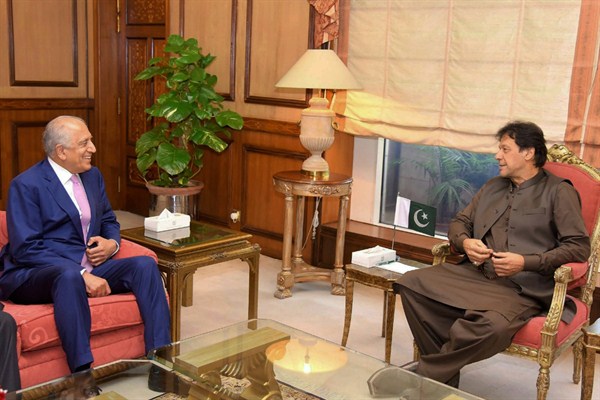The United States and the Taliban signed an agreement in late February that sets a timetable for a U.S. troop withdrawal from Afghanistan. The negotiations leading up to the deal were long and fraught, and they almost fell apart last September, after President Donald Trump suspended talks and canceled a planned summit with Taliban leaders at Camp David.
But as difficult as the talks were, they pale in comparison to what lies ahead: launching, sustaining and successfully concluding a formal intra-Afghan peace process between the government in Kabul and the Taliban, as well as other Afghan political leaders.
Questions abound about the intra-Afghan dialogue: Will a divided and feuding Afghan political class be able to effectively represent the state? And will the Taliban agree to negotiate a power-sharing deal within a political system that it has long rejected and vowed to overthrow by force?

